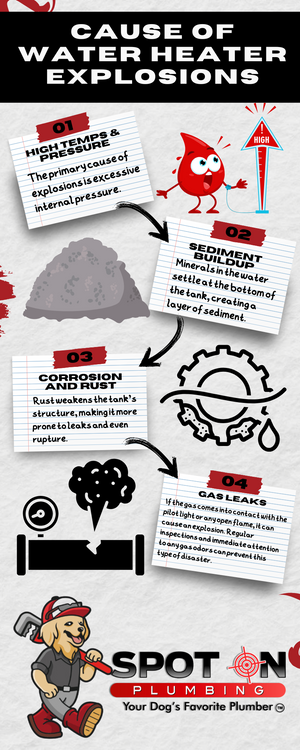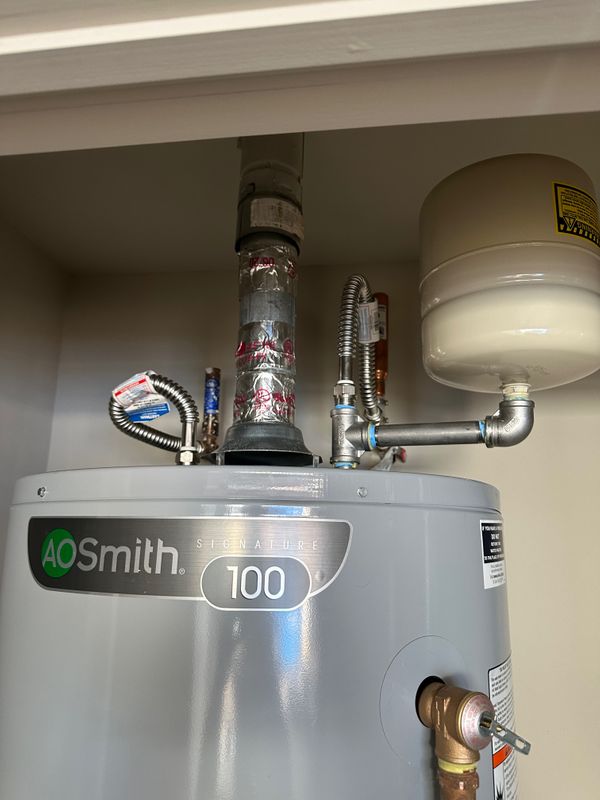High Temperatures and Pressure
The primary cause of explosions is excessive internal pressure. When the water temperature is set too high, the pressure inside the tank increases. Most tanks have safety mechanisms, such as a temperature and pressure relief valve (T&P valve), designed to prevent dangerous pressure levels. However, if these fail, the pressure could build up enough to cause an explosion.
Sediment Buildup
Over time, minerals in the water settle at the bottom of the tank, creating a layer of sediment. This layer insulates the heating element from the water, forcing the system to work harder to heat the water. As the temperature rises, so does the pressure. This is why regular maintenance, such as flushing your tank, is essential.
Corrosion and Rust
Water heaters are made from metal, and after years of use, the inside of the tank can start to corrode. Rust weakens the tank’s structure, making it more prone to leaks and even rupture. If the tank is rusty, it’s time to consider a replacement to avoid potential hazards.
Gas Leaks
For gas-powered water heaters, a gas leak Tulsa can be extremely dangerous. If the gas comes into contact with the pilot light or any open flame, it can cause an explosion. Regular inspections and immediate attention to any gas odors can prevent this type of disaster




